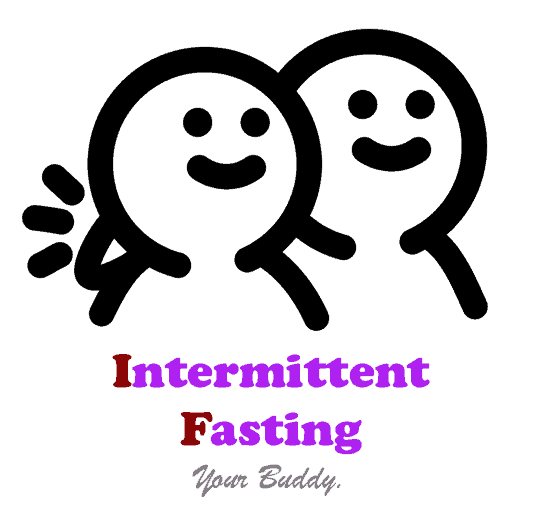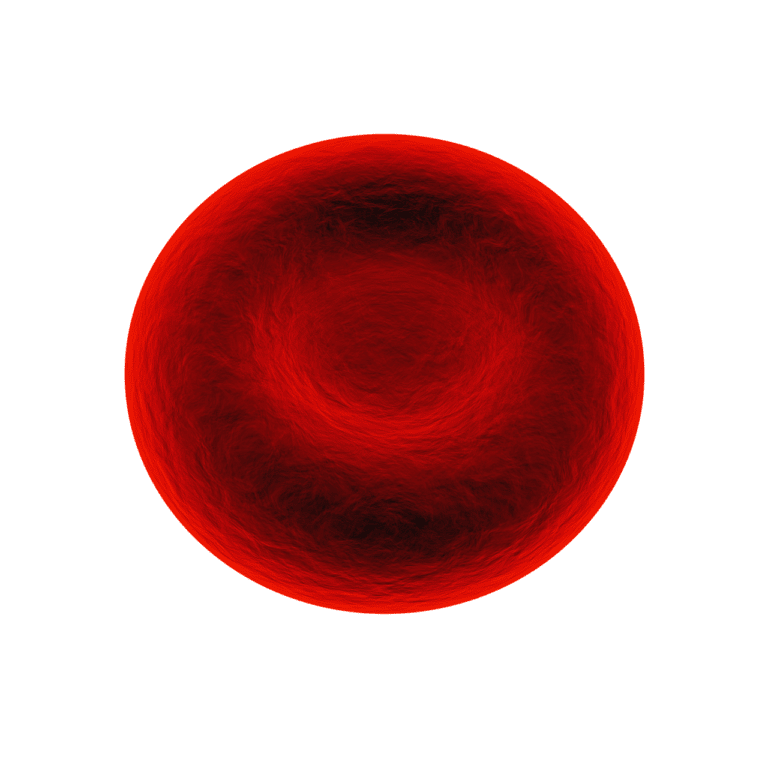Probably you heard all about the amazing benefits of intermittent fasting. It helps you lose weight, manage your blood sugar and insulin levels, it decreases inflammation, and much more. But do you get sufficient nutrients on this diet? And most importantly, can intermittent fasting cause anemia?
Depending on the method you choose and how many hours you fast per day it can. But that doesn’t mean it will, since you might not be able to get all the necessary nutrients in. However, this is an issue seen mostly in those who take intermittent fasting to the extreme, such as those who only eat for 2 or 4 hours a day. Most people won’t be fasting for longer than 16 hours when following the 16/8 method. In this case, you should still be able to get all the necessary nutrients. But even then, some issues might arise, especially for those who are already anemic.
So, let’s dive deeper into this topic and discuss when intermittent fasting can cause anemia and how to avoid this.
What exactly is anemia?
In simple terms, anemia is a condition where you have low iron. It is associated with low red blood cells and your blood will have difficulty carrying oxygen to all the major organs. That’s why common symptoms of anemia include dizziness, fainting, nausea, and fatigue.
Poor diets, certain medication, and illnesses are common causes of anemia. Women who are menstruating or even pregnant women are also at a higher risk.
Reasons why intermittent fasting can cause anemia
Abstaining from food for long periods, as well as a poor diet can cause anemia. But that doesn’t automatically mean that if you start intermittent fasting, you’ll become anemic. On the contrary, the instances when anemia happens are fairly rare.
Fasting for long periods of time
The first group where anemia may be an issue are people who fast for over 18 hours a day. In this case, you’re most likely skipping 2 meals and you’re probably not snacking either. For this reason, it might be difficult to get all the required nutrients, and you might end up with deficiencies, including anemia.
Since most people will use the 16/8 method and thus only skip one meal per day, calorie deficiencies are less likely to happen.
Unbalanced diet
You’re also at risk if you have a generally unbalanced diet. If you eat a lot of sugar, and carbs, and very little protein and greens, your iron levels may soon become depleted. In this case, skipping even just one meal a day might contribute to the nutritional deficiencies that will arise sooner or later either way.
Women during their period
Women are also at a greater risk while they are on their period. If you’re in this category, you might want to pay special attention to your diet in those days, especially if you continue fasting. Make sure you’re eating foods rich in iron and if you have any doubts or start having symptoms of anemia, talk to a doctor about using supplements.
Is intermittent fasting good for anemia?
Intermittent fasting in and of itself cannot help cure your anemia. But it might help you better absorb nutrients from food, which might in turn have a positive effect on your iron levels.
There’s also the fact that going on an intermittent fasting diet can make you more mindful of what you’re eating. Sure, there’s the known risk of eating junk foods because the diet itself doesn’t dictate what you can and what you can’t eat. After many hours of fasting, you could fall into the temptation of eating anything and everything in sight, and somehow those are rarely healthy foods.
Despite this little disadvantage, many people find themselves more self-conscious about the foods they’re eating while on an intermittent fasting diet. They try to eat healthy overall, make sure they’re getting all the nutrients and vitamins. And this is beneficial for anyone suffering from a deficiency, including anemia. You have better chances of including foods rich in iron, foods that are easy to digest, and that help you stay healthy.
How safe is fasting for people who have anemia?
If you already know you have anemia, supplementation is most likely required. In terms of diet, intermittent fasting isn’t forbidden, but you need to be a little more careful than most people. Make sure your diet contains foods rich in iron.
Teenagers are already at a greater risk to develop eating disorders (Is Intermittent Fasting Safe for Teens?). This is why teens with anemia should consult a doctor before starting fasting or any other form of diet.
Fasting can exacerbate the symptoms of anemia. A good way to combat this is to stay hydrated and reduce the number of caffeinated beverages you have during a fast. For many people, coffee is a go-to as it helps suppress appetite. But it also contributes to dehydration. While this alone does not cause anemia, it can worsen its symptoms. If you do drink coffee, make sure you compensate by drinking at least 1-2 extra glasses of water.
The best is the 16/8 method, but to be sure, you can even shorten it to 14/10, especially if you start feeling dizzy or nauseous during your fast. If you start getting headaches, heart palpitations, feel so dizzy you might faint, fasting is probably not for you and you should be ready to break it. Rethink the foods you’ve been eating and even shorten the fasting window to avoid this from happening again.
If you’re supplementing, remember that some iron supplements need to be taken with food. Otherwise, they may cause nausea or other side effects. To prevent this, make sure to:
- Time your supplementation correctly (if possible)
- Break your fast
Does fasting affect iron levels?
Fasting for long periods can affect iron levels. Common examples include religious fasts, such as Ramadan. Longer water will also affect iron levels. Juice fasts are also risky, though if you follow one created by a professional, they usually help you meet the required nutritional needs.
Otherwise, common fasts like the 16/8 method shouldn’t affect your iron levels too much. A method like the alternate-day fasting, where you eat very few calories one day and a normal diet the other day may also affect iron levels in time. Of course, everything depends on each individual: what your iron levels were before you started, if you’re a woman who menstruates, or if you’re on medications that are known to deplete iron levels, you should be cautious with your diet.
To sum up
Can intermittent fasting cause anemia? It can if you eat an unbalanced diet, filled with processed foods and a lot of carbs and sugar. There’s also a risk for those who fast for extended periods or special categories such as women, and those who take certain medications that can deplete iron levels. However, in most other cases if you have a healthy, balanced diet and fast for no longer than 16 hours, the risks are minimal.

